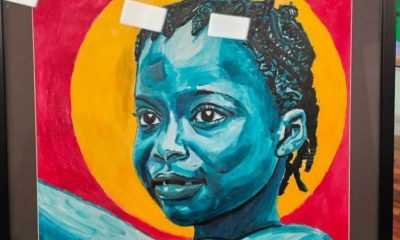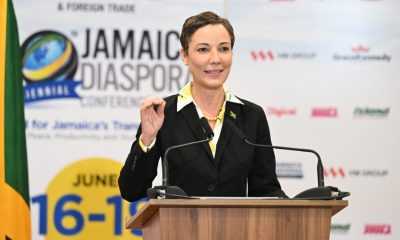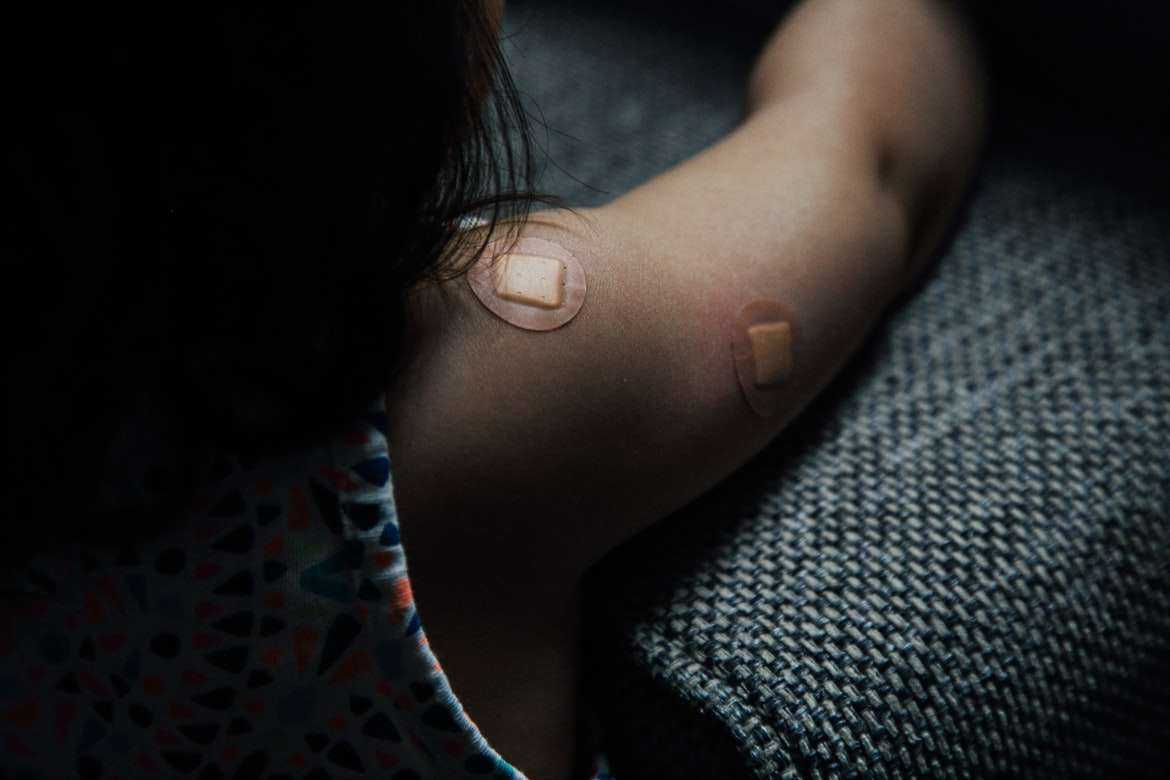Youth Development
Volunteerism matters; empowering youths to give back to community and others

Youth Development
Understanding the multiple layers involved in navigating education spaces Parents of Black Children launch Navigating the Education System
Youth Development
Toronto prepares families for COVID-19 vaccination of children
Youth Development
Act as if what you do makes a difference. IT DOES
-

 Community News2 weeks ago
Community News2 weeks agoAlmost Homeless – Eight years of Justin Trudeau; Canada’s housing is against the ropes, and Toronto renters suffer
-

 Community News2 weeks ago
Community News2 weeks agoUnveiling the canvas of resilience: Dwayne Grant’s journey through art
-

 Community News2 weeks ago
Community News2 weeks agoMeet Birmingham’s sensational R&B-Pop prodigy: Vincent Darby – The voice you can’t ignore!
-

 Community News1 week ago
Community News1 week ago“Stop egging me on!” Companies are simply getting better at carefully wording things on their packaging
-

 Community News1 week ago
Community News1 week agoRichard Rooney gifts $5 million to the African Studies Centre and the Centre for Caribbean Studies at the University of Toronto
-

 Community News1 week ago
Community News1 week agoNot just a reunion; It’s a powerful catalyst for unity and growth. Welcome to the 10thBiennial Jamaica Diaspora Conference
-

 Community News2 weeks ago
Community News2 weeks agoFreedom Mas Kick off the start of Band Launch Season 2024
-

 Community News1 week ago
Community News1 week agoChemical hair straighteners are causing uterine cancer, fibroid tumors and infertility in women of colour

























